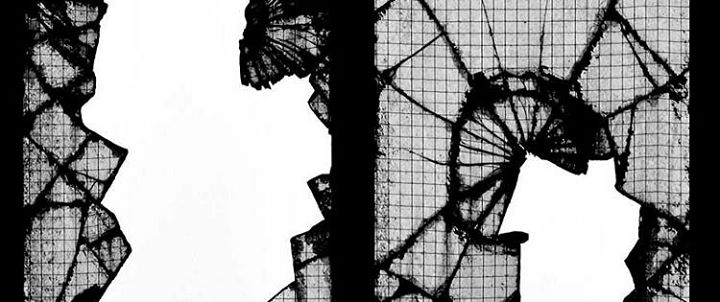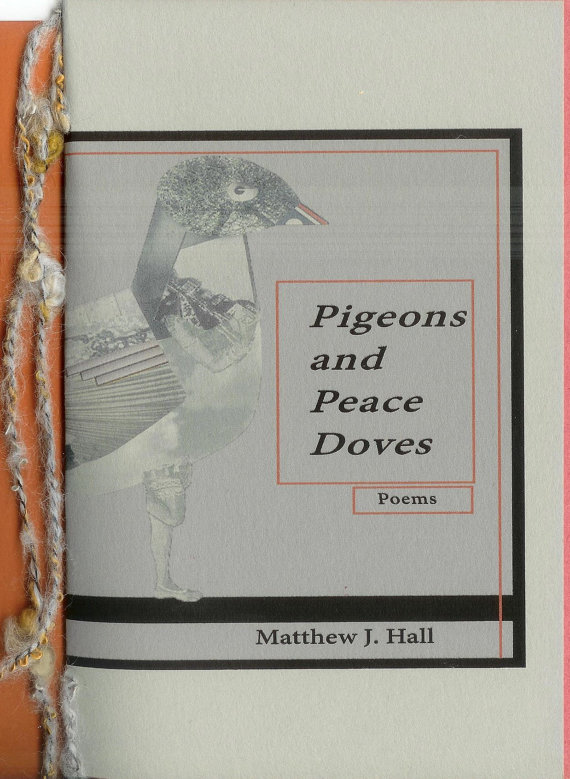Kaleidoscope by Laura Taylor
– Reviewed by Grant Tarbard –
Laura Taylor was born into a working-class family, and her whole body of work in Kaleidoscope speaks of love, harmony and equality. When poor people’s lives are like water running down the drain we can do with as many voices shouting about inequality from the rooftops as we can. Taylor identifies herself as a Socialist and a feminist, and one could consider Kaleidoscope her political manifesto. A foreword by Attila the Stockbroker invokes the spirit of punk, calling on the famous Adrian Mitchell quote; “Most people ignore most poetry because most poetry ignores most people.” I agree with Mitchell to a point: a lot of poets don’t let the street talk to them. That’s not to say they’re secluded from the mass of humanity, rather their poetry is personal, and it plays on the dull and rapid experiences that we all have; Geoffrey Hill said that ”Public toilets have a duty to be accessible, poetry does not.” Attila says: “Words exist to communicate ideas and NO OTHER REASON”. Well, I feel that’s a gauche statement. An idea can be framed with words, but thats nothing without feeling. Poetry is both a bird of paradise with colours flaming, and a greasy gull in a boxed new town. But if most poetry does push people away, this collection mixes a cocktail of humour, socialist thought and environmentalism.
This caboodle begins with the eponymous poem, ‘Kaleidoscope’, that seethes with redaction. The poet uses travelling on a road as a slim analogy for our power to select our own destiny, a person’s liberty:
Scenes unfold in simultaneous motion
as the foot, the wheel, the eye, the mind*
ride this road
in parallel / sequence.*Represented, recorded, reordered;
kaleidoscopic eyes make choices
The asterisks denotes the ‘cross out as appropriate’ sections. And this works, disentangling a clear voice within the abstract.
‘The Propaganda Panda and the Autocratic Cat’ is a twenty-first century ‘The Owl and the Pussycat’, with a right-on cynicism:
The Propagandas Panda and the Autocratic Cat
took a trip around the world in a new Learjet.
Champagne for breakfast and caviar for tea;
when recession hit, lived a life of luxury.
I’m reminded of the Nick Cave and the Bad Seeds song, ‘Hiding All Away’;
Some were stuffing their faces with caviar
Some were eating cold potatoes
The poem’s almost childlike, the nursery rhyme essence gets stuck in your cranium. My favourite line is;
and when it came to pass
that the economy was fucked,
they developed Teflon shoulders
and tried to pass the buck
Quite unlike Lear! As Nigel Tufnel said; “You know, just simple lines intertwining”, like a sung warning against trusting leaders. Perhaps another musical interlude? Don’t follow leaders, watch the parkin’ meters.
‘For Aylan’ is a heavy-handed stab at the horror of the refugees fleeing from Syria across the Mediterranean face; the poem doesn’t puncture the emotional and physically exhausting impact of such a scene. Taylor uses this tragedy to get a political point across,
that your tiny little body in a picture on a beach
forced the powers of the world to rally round
No, it did not. As of 7th June, deaths so far this year are 2,809, compared with 1,838 through the first six months of 2015. And the Lebanese army raided a Syrian refugee camp. The list goes on in this ever decreasing world. However, the poem is not wholly lacking empathy, I found this line quite moving;
and you’ll never be a father or a lover or a man
I feel that Taylor ruined this eye of sympathy with the following;
but your passing in the tide has helped
the families who follow in your wake
We are nothing without insight into this communion of souls.
The pièce de résistance of the book is the five-parter ‘The Melting of the Ice’. I found this piece intriguing and would love to see more of this from the poet. It’s full of music.
This collection is unsophisticated, brash, not wanting to get dressed for the world, I like that sentiment but I didn’t find enough to sustain me here. Taylor paints her social commentary poems with a thick brush, and with a thick brush you can hold considerably more undiluted paint. In this case the paint is applied so thickly (like toothpaste) onto the canvas the reader is begging for a palette knife to scrape a layer off. I will leave the last words to Attila the Stockbroker, because he’s quite right. “The best poetry does not simply engage with people, it engages with people who think that poetry is a load of bollocks – and it changes their minds about poetry, about people, about the world.” Taylor’s work will either grab you and force you to look, or you will simply be fatigued and turned off.





